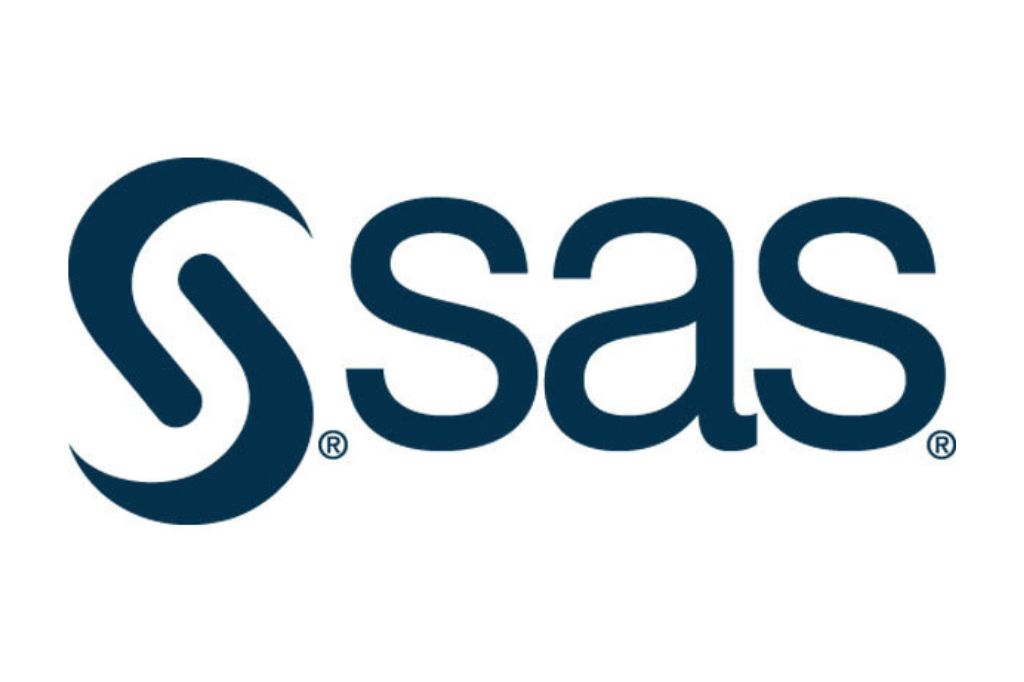The Rising Tide of Fraud Amidst the Pandemic
The COVID-19 pandemic not only brought with it a health crisis, but also opened the floodgates for a deluge of scams. This rampant fraudulence has not only altered public perceptions but has also heightened their expectations from organizations in terms of protection. A recent study by the AI and analytics pioneer, SAS, delves deep into these concerns.
Key Takeaways from the Study
- A whopping 70% of consumers confessed to experiencing fraud at least once. Disturbingly, 40% indicated that they were defrauded multiple times.
- 2022 saw a surge, with 47% asserting they encountered more fraud instances than in previous years.
- A significant 86% acknowledged that they are now more apprehensive about potential fraud than ever before.
Surprisingly, the most prevalent fraud attempts centered around procuring personal banking information. Fraudsters primarily leveraged mobile phones and email for their initial outreach.
An Industry on Edge
Stu Bradley, Senior Vice President of Risk, Fraud, and Compliance at SAS, voices his concerns, stating, “When fraudsters are successful in their exploits, organizations in highly targeted industries like banking, insurance, government, retail and telecommunications serve as unwitting conduits for criminal activity.” Bradley emphasized the imminent threat, highlighting that “Given that two-thirds of the consumers surveyed said they would change service providers due to fraud or if another provider offered better fraud protections, the potential consequences of inaction are substantial and should not be ignored.”
Changing Consumer Expectations: The Balance of Convenience and Security
While the shadow of fraud looms large, there’s a silver lining. Consumers are gradually altering their mindset:
- 89% feel that organizations should ramp up their anti-fraud measures.
- 75% wouldn’t mind longer transaction times if it assures better protection.
- A striking 80% are open to adopting biometric verifications such as facial and voice recognition. In fact, 57% would prefer biometrics over traditional fixed passwords.
- 70% would willingly share more personal data if it bolstered anti-fraud strategies.
Also read: Coursera Leverages Generative AI Surge with Exclusive ChatGPT Plugin and Advanced Course Offerings
Harnessing the Might of AI
As digital transactions become the norm, organizations are faced with the challenge of offering swift services while ensuring optimal security. Here’s where AI steps in.
AI-driven fraud detection techniques offer a perfect blend – they help businesses detect fraud quickly and more efficiently. Stu Bradley sheds light on the importance of embracing advanced analytical techniques to outpace criminals, saying, “Employing layered fraud detection capabilities that use the same advanced analytics technologies can help organizations beat the criminals at their own game. Those who rise to their customers’ expectations can turn fraud prevention into a loyalty builder and, ultimately, a competitive edge that helps them automate and grow their business, while cutting fraud losses.”
Methodology Insight
The global study was executed by 3Gem Research and Insights at the behest of SAS in late 2022. For deeper insights and detailed data visualizations, readers are encouraged to explore SAS.com/frauddashboard.
Legal Disclaimer: The Editor provides this news content "as is," without any warranty of any kind. We disclaim all responsibility and liability for the accuracy, content, images, videos, licenses, completeness, legality, or reliability of the information contained in this article. For any complaints or copyright concerns regarding this article, please contact the author mentioned above.

















